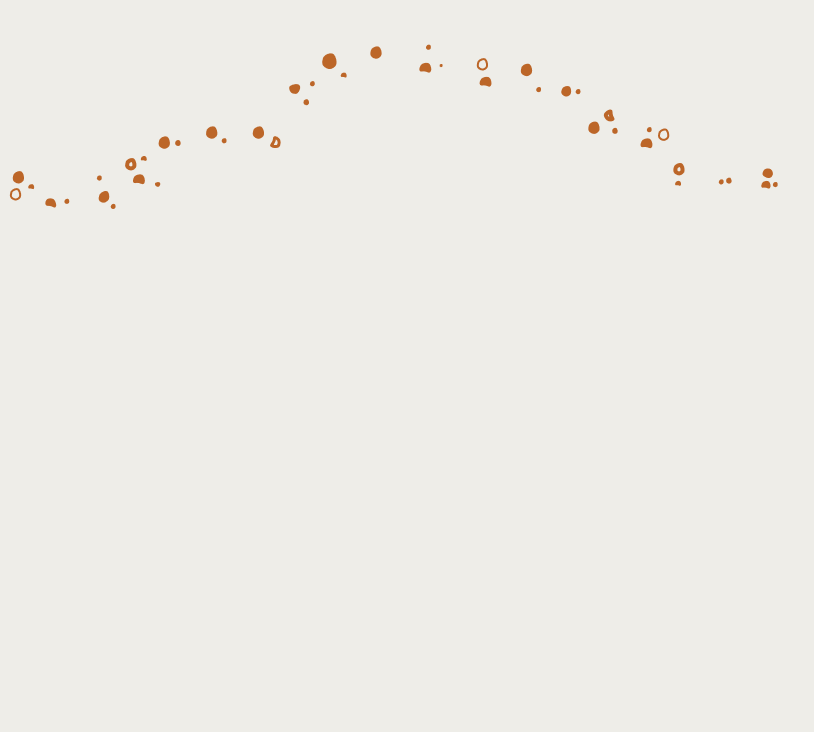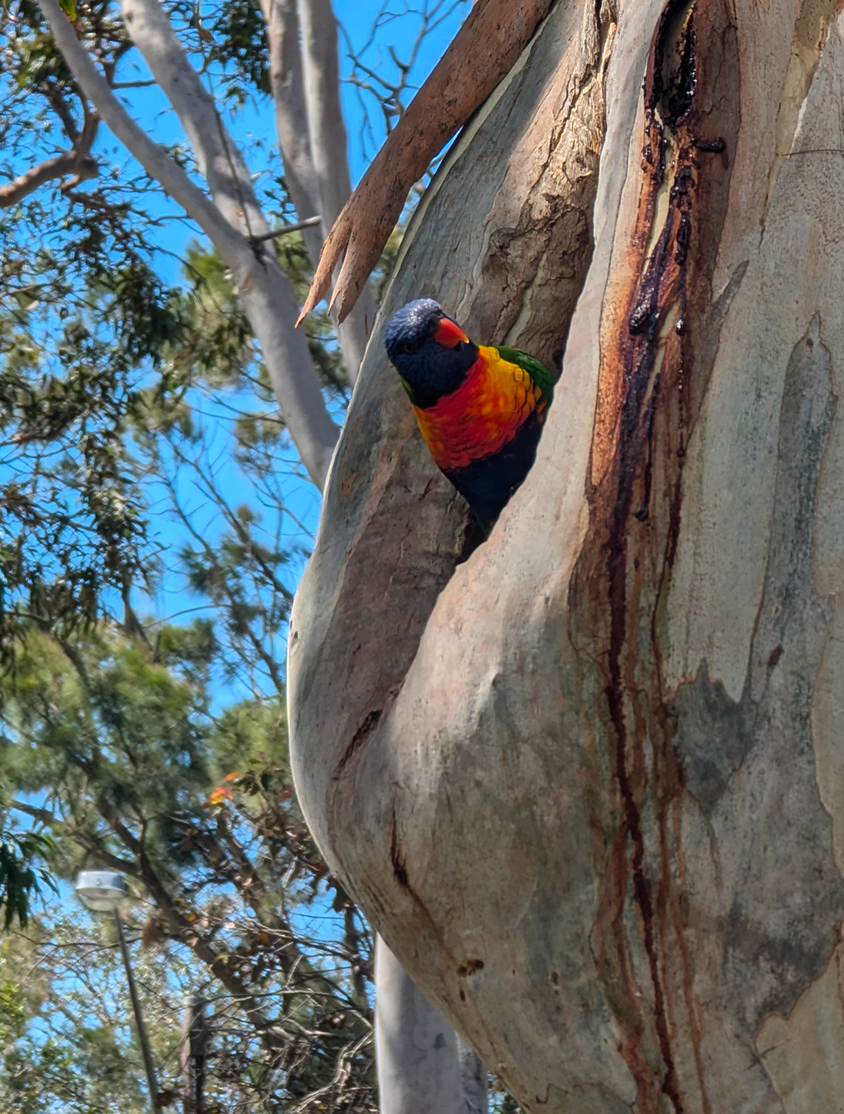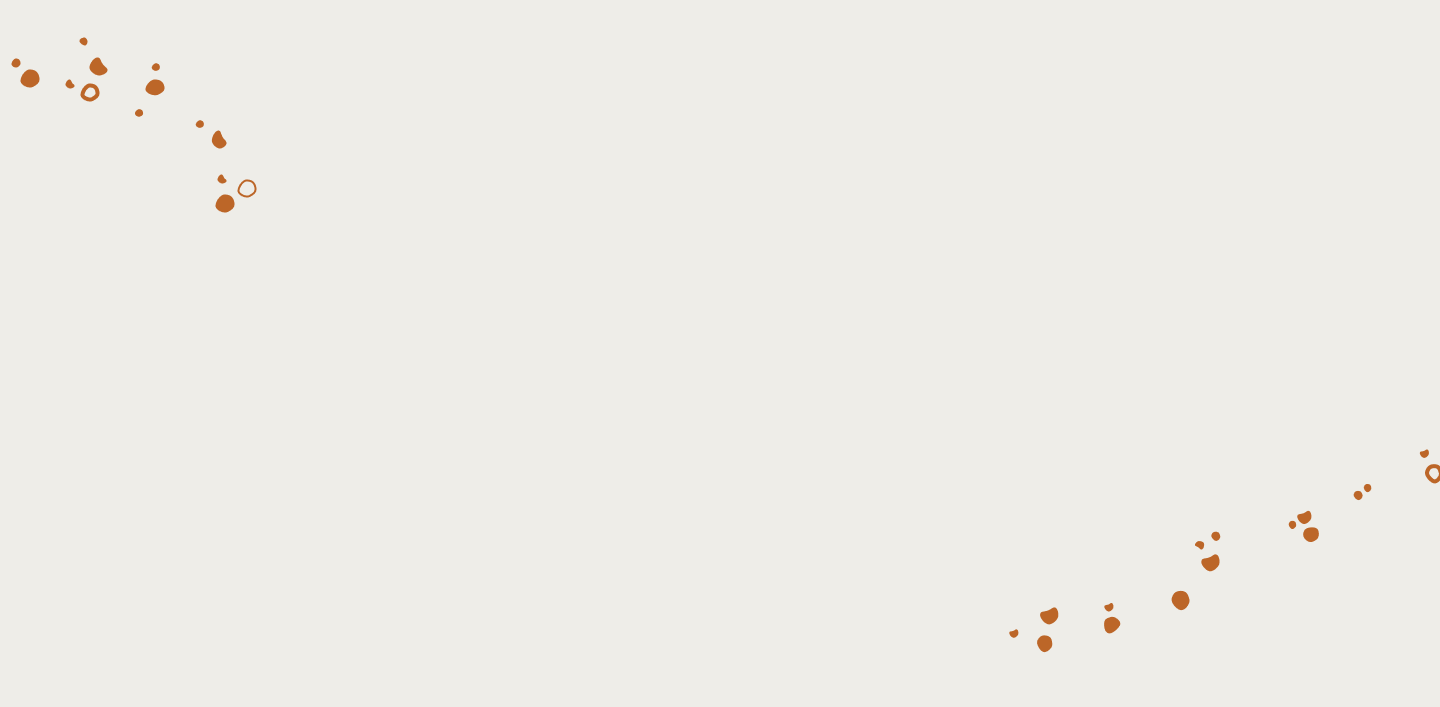
OUR MISSION
Restoring the health of forests, for today and generations to come
| The Healthy Forests Foundation brings together First Nations knowledge and the best available science to care for forests in a way that is holistic, grounded & enduring. By identifying vulnerable places, creating thoughtful plans, and working on Country, we put restoration into action. | “The focus of the Healthy Forests Foundation’s strategy and projects to implement active management of native forests, guided by the knowledge of First Nations peoples, to restore the health of our native forests will enhance forest resilience and needs to be widely supported.” Dr. Tony Bartlett AFSM, Canberra |
Here’s how we do it ↓
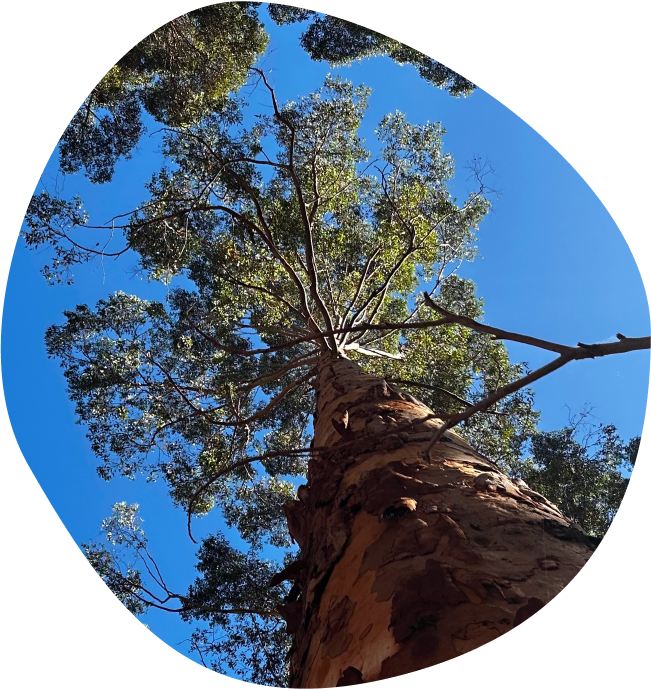
Public education
We share knowledge through an open, growing library of research and resources that promote forest health. By supporting First Nations expertise, we foster deeper public understanding of cultural land management practices.
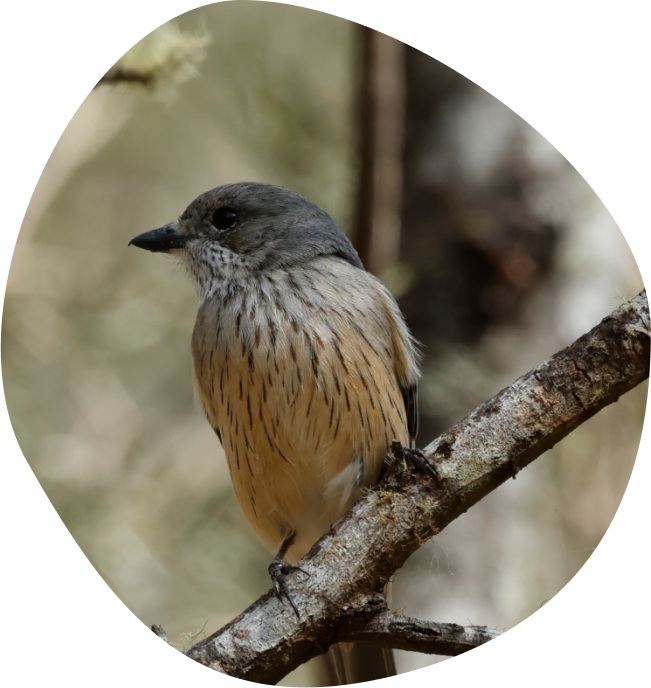
Forest repair projects
We work on Country with First Nations communities, scientists, and locals to restore forest health in priority places. Our projects follow rigorous environmental standards, enabling impact through nature repair, markets & ESG (environment, social and governance) investment.

Trusted partner
We collaborate with researchers, government, and industry to pilot and scale better ways to care for forests. As a constructive and moderate voice, we support policy and partnerships that lead to lasting change.

OUR APPROACH
We believe humanity has a duty to take active steps to ensure the health of our forests for future generations.
We believe caring for forests is not only a responsibility, it’s a necessity. Healthy, well-managed forests support all life: they clean our air and water, protect biodiversity, and nourish our physical and mental wellbeing. But many forests across Australia are in decline, threatened by fire, invasive species & a changing climate. Without human care, these ecosystems cannot heal on their own.
The Healthy Forests Foundation brings together First Nations knowledge, science & community to restore degraded forests. We’re action-oriented and solutions-focused — committed to raising awareness, building partnerships and doing the work needed to create long-term resilience for forests, people and planet.
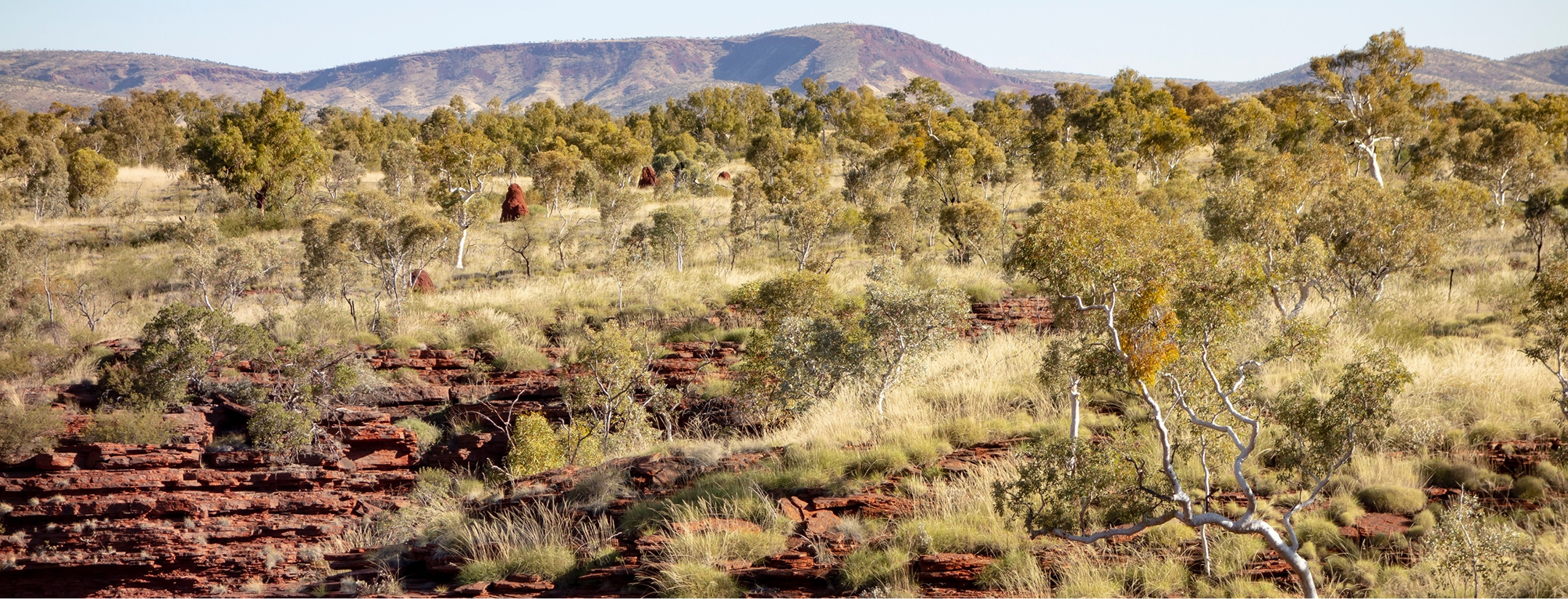
Grounded in knowledge
Our humanistic approach to forest management is what sets us apart from the idealistic approaches taken by traditional environmental organisations. Importantly, our approach is consistent with the way Australia’s forests were managed by First Nations people prior to European settlement along with the latest local and international research, reports, recommendations and frameworks.
Some noteworthy ones we recommend reading include:
Our Knowledge, Our Way in caring for Country Best Practice Guidelines
The Healthy Forests Foundation will be guided by the Our Knowledge, Our Way in caring for Country Best Practice Guidelines when engaging with Traditional Owners and on their Country.
The Indigenous-led development of the Guidelines was produced in partnership with the North Australian Indigenous Land and Sea Management Alliance and the CSIRO. It provides guidance on the best practice when working with Traditional Owners and their Indigenous knowledge.
The Guidelines recognise Indigenous peoples are connected to Country and culture through their knowledge systems. It also recognises the benefits of applying Indigenous knowledge in management of Country to help solve Australia’s complex environmental challenges.
The Guidelines give a voice to Indigenous land and sea managers to strengthen and share knowledge in caring for Country. Importantly, it recognises knowledge is owned by Traditional Owners and it must not be misappropriated, misused, used without consent or commercially exported without benefits flowing to the communities.
Read the Our Knowledge, Our Way in caring for Country Best Practice
United Nations Declaration on the Rights of Indigenous Peoples
The Healthy Forests Foundation respectfully acknowledges Aboriginal people as the First Peoples and Traditional Owners and Custodians of the land and water on which all Australians rely. First Nations peoples have actively cared for and managed Australian landscapes for millennia.
Our philosophy is underpinned by the United Nations Declaration on the Rights of Indigenous Peoples. The Declaration is universal framework that sets out the minimum standards for the survival, dignity, wellbeing and rights of the world’s Indigenous Peoples.
It ensures Indigenous Peoples rights, amongst others, for self-determination.
In line with this framework, we are committed to resurgent Indigenous conservation which seeks to honour Indigenous knowledge and values, empower Indigenous communities as stewards of their ancestral lands, and promote conservation approaches that are inclusive, equitable, and sustainable.
Read about the United Nations Declaration on the Rights of Indigenous Peoples
Blueprint to Repair Australia’s Landscapes
The Wentworth Group of Concerned Scientists is an independent group of eminent scientists and professionals focused on solution-based policy reform relating to water, land and biodiversity.
Together with experts from academia, government and business the Wentworth Group have produced an evidence-based 30-year plan to repair Australia’s landscapes. This important piece of work provides the blueprint for practical actions and investments to achieve a healthy, productive and resilient Australia.
The Blueprint outlines a holistic approach to repairing landscapes, including forested landscapes.
It focuses on taking actions at the regional scale, drawing on Traditional Owner Knowledge as well as supporting the knowledge of regional communities.
Importantly the Blueprint recognises the deep connection Aboriginal and Torres Strait Islander peoples have with the land and their important role in caring for Country.
We welcome the Blueprint as a sensible approach to a significant problem. Mismanagement and inaction over the last 250 have led to unhealthy forests. We need to intervene and be part of the solution.
The State of the Environment 2021
In 2022, a report released by the Australian Government found the outlook for our environment is poor and deteriorating. The State of the Environment report (SoE 2021) said this is because of pressures such as climate change, invasive species, land clearing and resource extraction. It sent a clear message that these pressures need to be managed or the ecosystem will further deteriorate resulting in more extinctions.
Pleasingly, the 2021 report included Indigenous Knowledge to create a more holistic assessment of our environment. It recognised the importance of learning from Traditional land management practices and presents opportunities to achieve more sustainable outcomes.
We believe the management of climate change derived pressures and invasive species can only be achieved through active management and in consultation with Traditional Owners.
The State of the World’s Forests 2024
The recent report published by the Committee on Forestry, the Food and Agriculture Organization’s (FAO) top forestry governing body, looks to evidence-based innovation and action to achieve sustainable forest outcomes.
They found they world’s forests are becoming increasingly susceptible to climate change driven stressors such as fire and pests. In their report, barriers and enablers of innovation were identified and, importantly, actions to empower people to innovate and have positive impacts in forest management activities.
Our approach and philosophy align with the recommendations arising from the report. Including engaging with Traditional Owners to develop locally led solutions for managing forests on their Country. Like the FAO, we recognise the importance of science and innovation to deliver solutions for our unhealthy forests, but also the need to be innovative in the financial sector in how a healthy forests can be valued – even beyond the carbon market.

FIRST NATIONS
Led by knowledge, grounded in Country

The Healthy Forests Foundation is proud to support resurgent Indigenous conservation — a growing movement that honours the knowledge, values, and leadership of First Nations peoples. Through the Djidi djidi network, an advisory group of cultural knowledge holders, and our work on Country, we are guided by those with the deepest connection to land.
One of these stories belongs to Elder Uncle David ‘Buzzy’ Hewat, a Gunnai Kurnai Croajingalong man, who stewards his ancestral land in the Deddick Valley. Using Traditional Ecological Knowledge, Uncle Buzzy’s work restores the health of forests while passing on cultural practices to the next generations, ensuring Country is cared for with respect, knowledge & love.
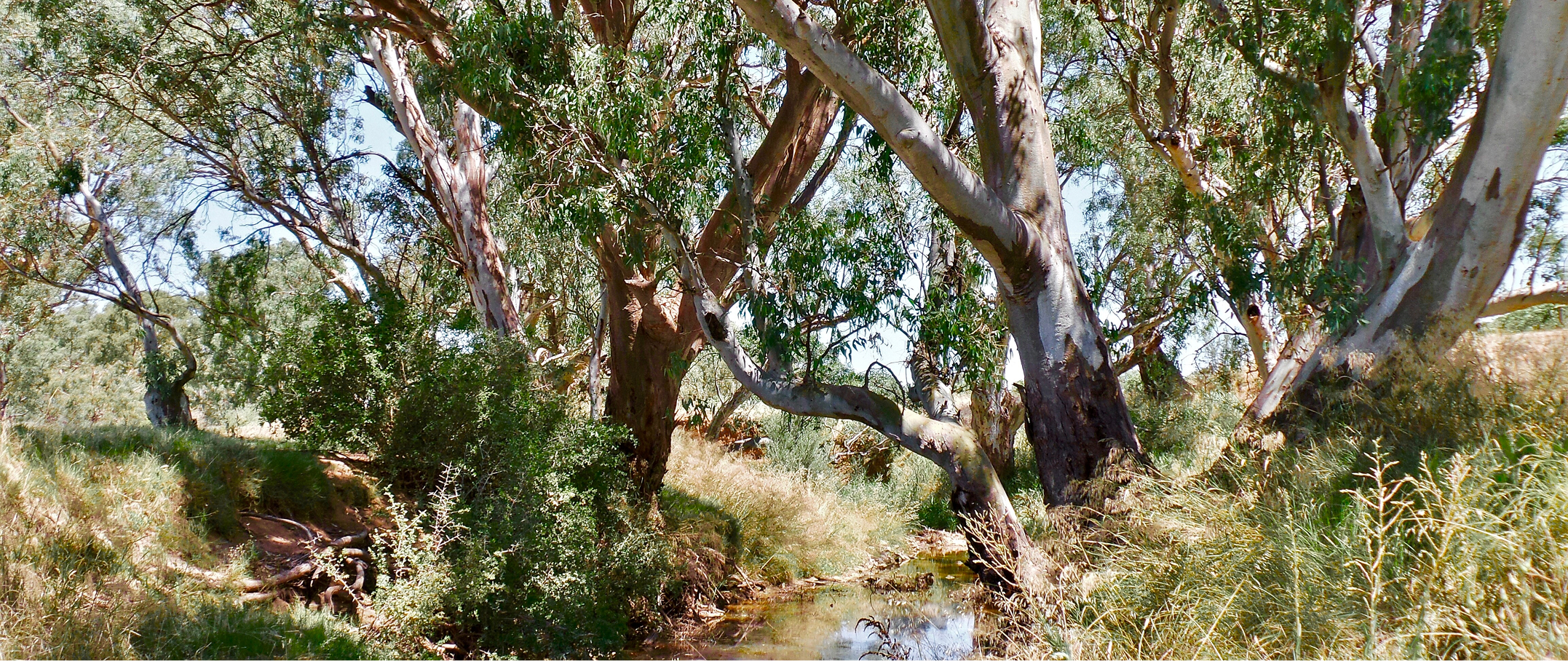

OUR TEAM
People caring
for forests

David Bartlett
Board Chair
David Bartlett is a leader in Australia’s digital and regional development sectors, known for helping governments, industries and communities harness technology to drive social and economic renewal. His work spans strategic advisory roles, innovation leadership and supporting organisations to navigate fast-moving digital disruption.
David is a former Premier of Tasmania whose career has been shaped by innovation, public leadership and community-focused reform. As Premier, and previously as Minister for Innovation, Science & Technology and Minister for Education & Skills, he led significant reforms in education and championed early advances in high-speed telecommunications and renewable energy. This work saw The Australian name him one of Australia’s Top 50 most influential people in technology.
Before entering politics, David built a strong career in the IT and telecommunications sector. As Board Chair, he brings deep experience in systems innovation and a commitment to shaping resilient, forward-looking regional futures that support healthy forests and strong communities.
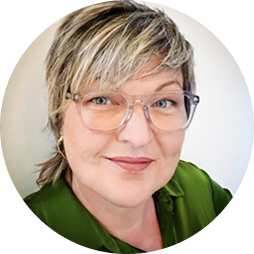
Monique Dawson
CEO & managing director
LLB, Grad Dip Leg Prac (QUT)FIPAA (Vic), MAICD
Monique has 20 years’ experience working at the highest levels of the public service in Queensland, New Zealand and Victoria. She has led large corporate, policy and program delivery functions in many areas including forestry, Indigenous cultural heritage, education, placemaking and industry development.
Monique’s experience in forestry policy, including 5 years as Chief Executive of VicForests, has persuaded her Australia needs to fundamentally shift its understanding of what a “healthy” forest is – and move away from the negative, unproductive debates by listening to, and working with our First Nations people in actively caring for our forests.

Deb Kerr
Sponsorships & grants leader
BMgmt (USyd)
Deb has over 20 years’ experience, including in senior executive management, and brings a wealth of knowledge and experience in government relations, advocacy, policy development, issues and stakeholder management and corporate communications to this role in the establishment of a new e-NGO focused on delivering real on-ground healthy forests.
Deb has tertiary qualification in management, many years’ experience in representative roles in government and non-government and is a qualified company director.
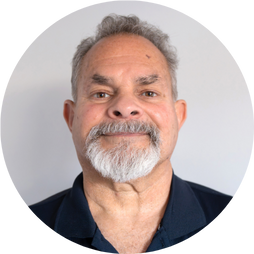
Gerry Laughton
Leader Djidi djidi network
Dip. N.R.Mgt., Dip. Ind. (Languages), Dip. Sm. Bus.
Gerry is a First Nations person of Arrernte and Luritja decent. With extensive knowledge around the protection and preservation of Aboriginal Cultural Heritage within Victoria.
Gerry’s experiences understanding and connection to the Cultural landscape is imbedded from a young age to the present. Having over 21 years’ experience managing Cultural Heritage within the Gippsland Region for Forest and Fire (DEECA) and previously with the Statewide Regional Heritage program including establishing the First Custodians Network across Victoria. He works with local First peoples in Gippsland and across Victoria and maintains a connection to his own people through regular discussion with his Elders.
Gerry is considered an Elder throughout Gippsland which is displayed in prominence within Ramahyuck head office in Sale Victoria. The passage of knowledge to other First Nations people is an important factor for Gerry, having managed and mentored number of young to mature aged First Nation peoples from many different Nations.
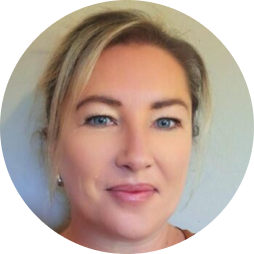
Tanya Britton
Project coordinator Eastern Victoria & safety officer
Dip. N. R. Mgt.
Tanya specialises in holistic forest management including, bringing a comprehensive skill set aimed at preserving and enhancing natural ecosystems and protecting threatened species. She has also recently completed the Accounting for Nature® Environmental Accounting Course.
Her motivation is driven through collaborating with First Nations people, who bring thousands of years of experience as key experts.
With over 20 years’ experience in various aspects of forest management, including fire management within government roles, Tanya has a deep understanding of ecological principles. In recent years, her focus has been on forest restoration and health.
Tanya is passionate about fostering unity among people to sustainably respect and use our forests for future generations.
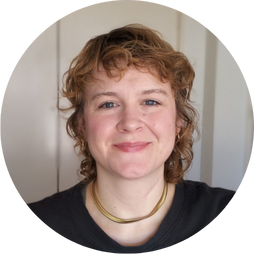
Pia Angelike
Forest systems analyst
B.Sc. IFEM (HNEE, Germany), PG Studies FST (HNEE, Germany)
Pia is a forest management specialist with a background in international restoration and cross-cultural collaboration. She applies a systems-thinking lens to the Foundation’s restoration, monitoring, and knowledge-building initiatives.
Integrating ecological science, Traditional Ecological Knowledge, and socio-economic insights to inform policy-relevant frameworks, her work aligns with global efforts under the Kunming-Montreal Global Biodiversity Framework, the Paris Agreement, and the UN Sustainable Development Goals.
With a focus on adaptive forest management for ecosystem service provision, Pia supports systemic transformation that centres First Nations leadership and promotes equitable access to nature-based solutions and emerging bioeconomy opportunities.
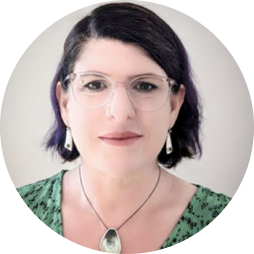
Brooke Garas
Communications & information leader
BSc(Biol) (LTU), Mcomm & MediaST (Monash)
Brooke is an experienced communications professional experience working in government, research, industry and university sectors including the CSIRO. In addition to her degrees in biology and communications, she has also recently completed the Accounting for Nature® Environmental Accounting Course. This unique combination of qualifications and breadth of experience enables her to deliver complex messages to a wide variety of audiences.
Brooke is passionate about communicating great science to improve public knowledge, especially when this leads to improved environmental outcomes.
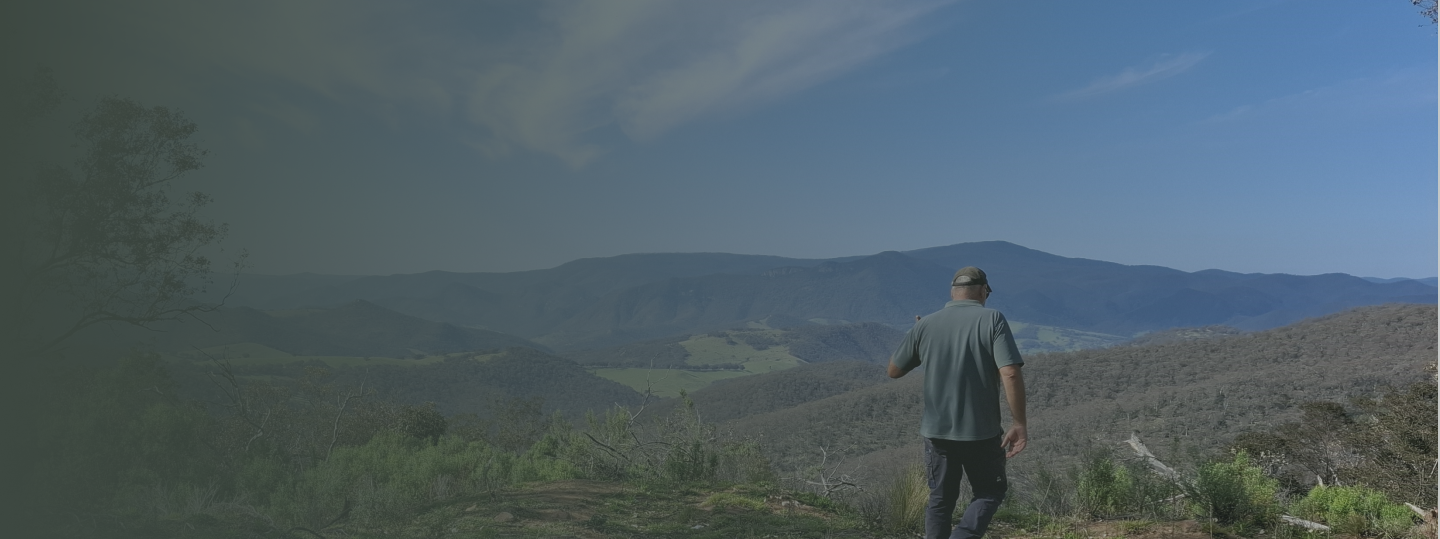
WALK WITH US
See how you can be part of the work.
Whether you’re learning, sharing, or getting hands-on, your contribution helps forests and communities grow stronger.

![]()
The Healthy Forests Foundation respectfully acknowledges Aboriginal people as the First Peoples and Traditional Custodians of the land and water on which we rely. We also pay our respects to ancestors and Elders, past, present and emerging.
First Nations people have actively cared for and managed Australian landscapes for millennia. The Healthy Forests Foundation is committed to tangible partnerships with First Nations people to ensure their Knowledge influences our practices and that our activities reinforce their Custodianship and assist them in caring for Country.
